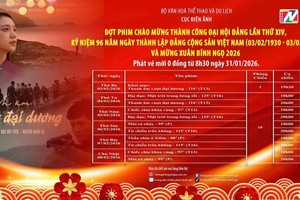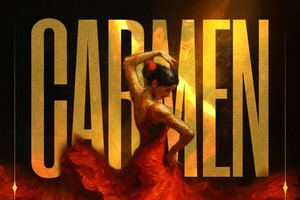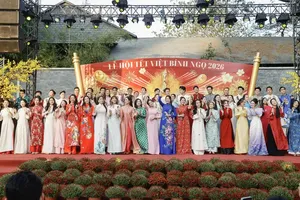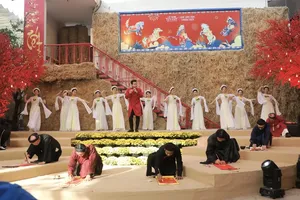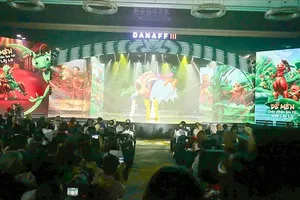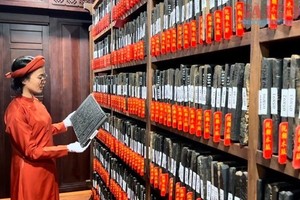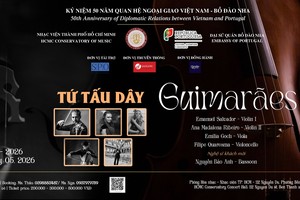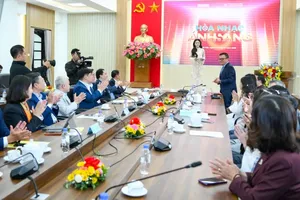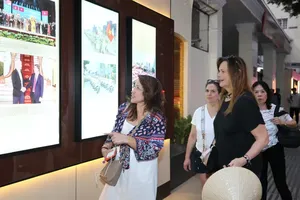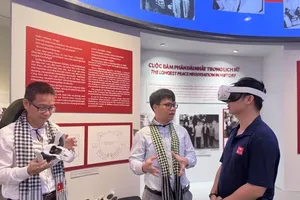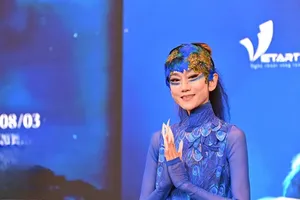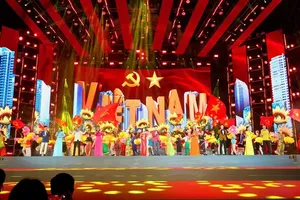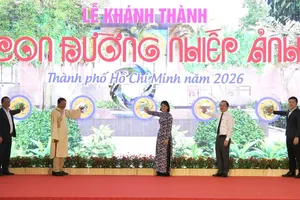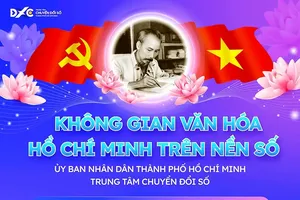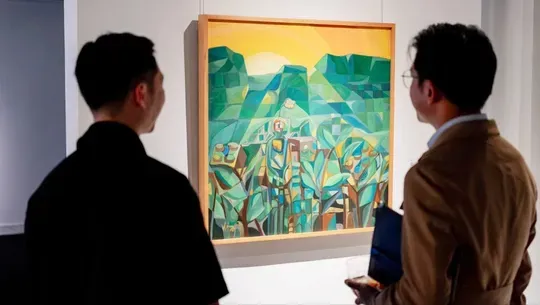
Over the past five years, Non-Fungible Token (NFT) platforms have emerged in Vietnam's art market, initially hailed as a revolutionary tool for creators to encrypt and trade digital artworks via blockchain technology, thereby protecting their intellectual property. Despite this promising entry, a significant challenge persists: Vietnam still lacks a clear legal framework for the official recognition and operation of these platforms.
This legal vacuum comes at a time when the demand for robust copyright protection is escalating rapidly. In Ho Chi Minh City alone, thousands of professionals from various creative fields including visual arts, photography, music, and film, along with numerous independent practitioners, are actively seeking ways to safeguard their digital assets.
Many digital creators lack familiarity with securing a ‘digital birth certificate’ for their work, exacerbating the shortage of effective legal tools. Consequently, the critical importance of intellectual property protection often goes unaddressed until a conflict arises such as instances of plagiarism, imitation, or legal disputes over copyright infringement. This reactive approach highlights a pressing need for both comprehensive legal guidelines and increased awareness among creators regarding their rights and the available protective measures.
This is perhaps the clearest weakness, undermining respect for copyright and preventing the establishment of a professional art market from the very foundation. The case of artist Teo Pham is a prime example. His digital artwork, posted on his personal page, was copied, minted into an NFT, and successfully sold for nearly US$1,000. What’s more troubling is that the thief was then targeted by yet another account, which stole the NFT and resold it again making it extremely difficult to trace and remove the violations.
At the same time, the trend of using AI in creative processes is becoming more prevalent, yet major questions remain unanswered whether the technology simply inspire ideas, or execute every detail and who owns the copyright—the person who writes the prompts or the AI itself.
Cultural industries are a key development priority for Vietnam and many other countries. Before measuring their contribution to the economy, the foremost concern should be how to build a systematic, professional creative environment gradually shaping a market grounded in the rule of law. The human element remains central to every solution.
Copyright is more than just a set of rights. It requires clear understanding, particularly given today’s intricate legal landscape. Moreover, tools for managing copyright must be consistently updated to ensure transparency and alignment with evolving creative trends. These enhancements will simplify adoption for creators and foster trust among artists and audiences alike.


